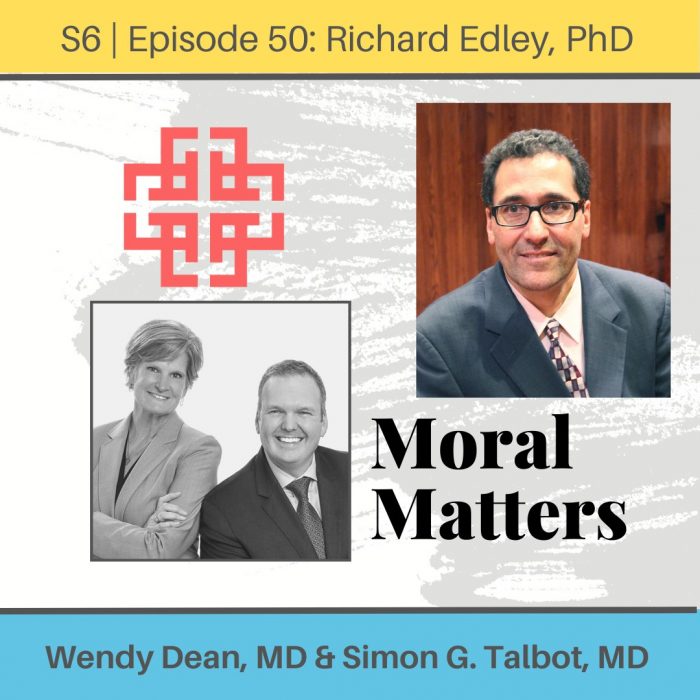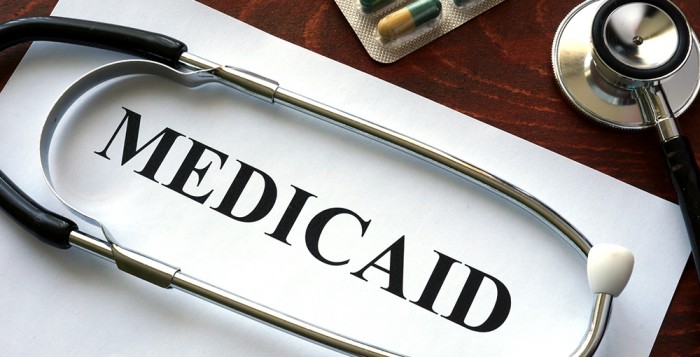ID Connect Consultation Resource
The Office of Developmental Programs (ODP) is reaching out to organizations to highlight the ID Connect consultation resource. Community organizations have expended significant effort to develop COVID-19 policies to support the safety of individuals during the pandemic. This effort has created an important base of knowledge, which can serve as the foundation for broader infection control policies and practices.
ID Connect consultations can help with difficult policy development and implementation related to infectious diseases. Some examples:
- ID Connect can consult to develop policy in support of an individual’s informed choice to assume more or less risk than their peers, while striving to meet the potentially conflicting needs of other residents and staff.
- ID Connect can support the COVID-19 policies implemented and transform them into broader infectious disease policies to prevent duplicative effort.
- ID Connect can provide subject matter expertise on infectious diseases, not limited to just COVID-19, when developing and implementing policies that address future concerns.
ID Connect can be contacted through regional Healthcare Quality Units (HCQU) to set up a consultation. For more information, please contact your regional HCQU.
| HCQU Website | Counties Served |
| KEPRO Southwest HCQU | Westmoreland, Allegheny, Bedford/Somerset, Cambria, Fayette, Greene, Washington |
| Milestone West HCQU | Butler, Armstrong/Indiana, Beaver, Clarion, Venango, Crawford, Mercer, Lawrence |
| Central PA HCQU | Northumberland, Blair, Centre, Columbia/Montour/Snyder/Union, Huntingdon/Mifflin/Juniata, Lycoming/Clinton, Schuylkill |
| Eastern PA HCQU | Carbon/Monroe/Pike, Berks, Lehigh, Northampton |
| Northeast PA HCQU | Lackawanna/Susquehanna, Bradford/Sullivan, Luzerne/Wyoming, Tioga, Wayne |
| Philadelphia Coordinated Health (PCHC) | Philadelphia, Bucks, Chester, Delaware, Montgomery |
| South Central PA HCQU | Cumberland/Perry, Adams/York, Dauphin, Franklin/Fulton, Lancaster, Lebanon |
| Milestone Northwest HCQU | Clearfield/Jefferson, Forest/Warren, Cameron/Elk, McKean, Erie, Potter |


















